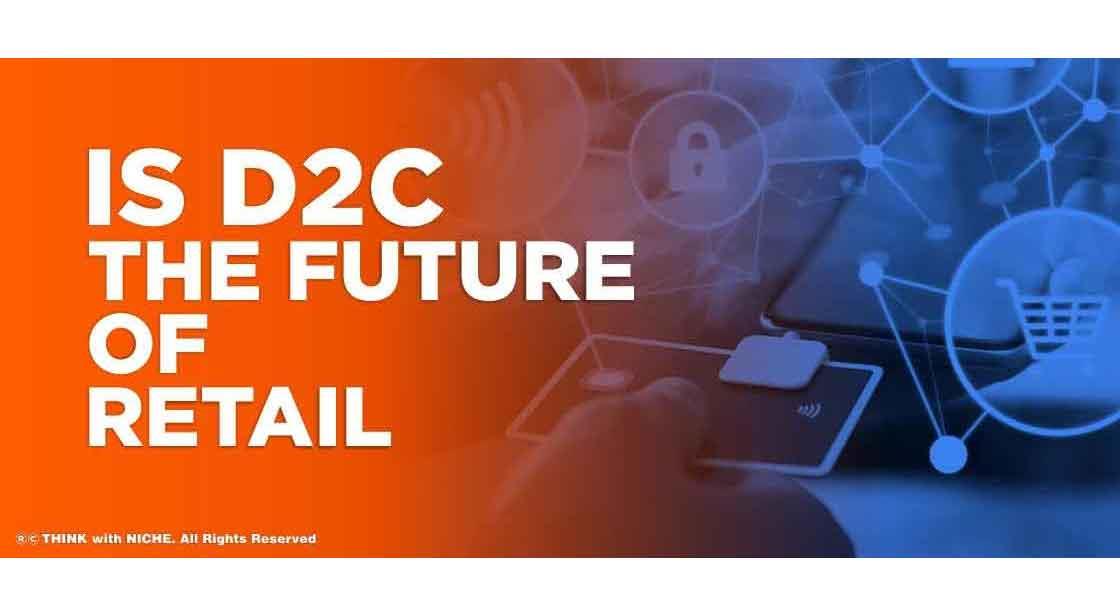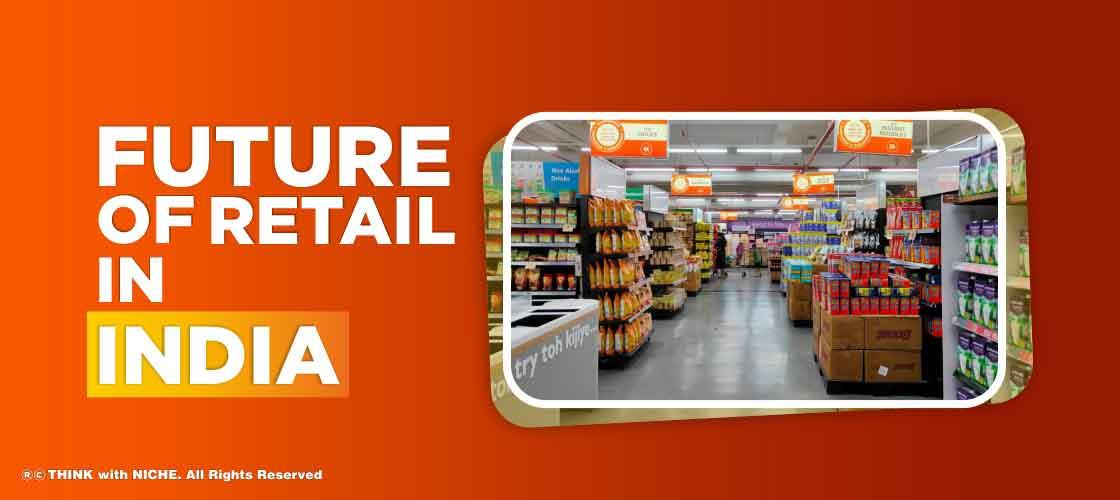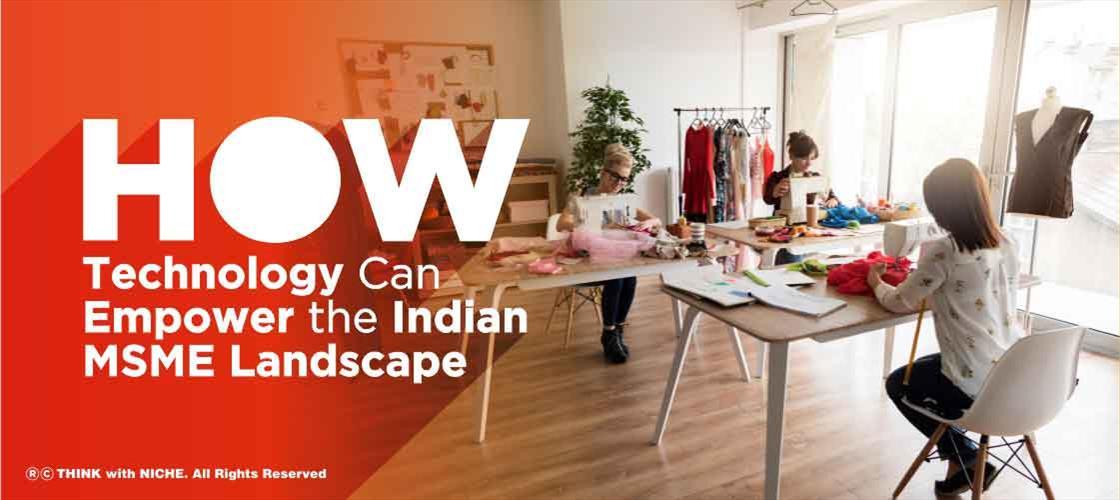Is Direct-to-Consumer(D2C) the Future of Retail?

Blog Post
D2C is getting huge popularity among the retail industry. Not only retailers are highly satisfied by this business model, but even the customers are also appreciating D2C. This model could be the future of the retail industry, but the question arises how does this model work? Or what are the factors that can invest in the success of this kind of retail? Well, this blog will answer all your questions regarding D2C. #TWN
D2C Business Model
By the name itself, it is clear that the Direct to Consumer or D2C model makes sure that the product is reaching directly to the consumer leading to a better consumer experience. No middlemen like wholesalers, distributors, or retailers are involved in the D2C business model. The marketers here directly sell their products to their end consumers.
Most of the businesses involved in D2C manufacture their own goods. Companies like Bombay Shaving Company, Ustara, Wow Science, and Mama Earth are already in the business. They directly supply their products to their consumers with the help of their website and through social media. FedEx, Dtdc, Delhivery, Bluedart, Ecom Express are some of the logistic partners with whom these brands work to establish their customer base. Although these brands entirely work independently, they have also partnered with eCommerce brands like Amazon, Flipkart, Alibaba.
Right now, D2C companies have to deal with the logistic cost, but they are making efforts to move towards the Omni channels.
Benefits of D2C
No Middleman is very Cost-Effective
Let’s understand it by an example of the traditional retail model:
The Manufacturer's total production cost is $5. Now, he sells the same to the wholesaler on a profit of $1, now the total cost of the product is $6. Similarly, the wholesaler sells it to the distributor at $7, he sells it to the retailer at $8, and finally, the consumer gets the product for $10.
Now, the D2C models cut out all these middlemen, and the products reach the consumer at a much cheaper price. Say the manufacturer sold the product for $2 and the delivery charge is $1, then also the product will reach the customer at just the total cost of $7.
Targeting Customers becomes a Cup of Tea
Imagine a scenario where you want to sell a product related to hair loss. You can very sharply target your demographics on Facebook, Google, etc. When you target a very specific set of people, your conversions improve immensely. While in traditional retail, you run your ads over television or with the help of banners, pamphlets, etc., where you have no control over who is watching your ads.
You can Test your Products at a Dashing Speed
If you want to launch a new product in the market, you can simply go to the manufacturer and provide all kinds of quotations and every resource required, and when the production is completed, you can simply list your product on your website and other E-commerce aggregators and start with the sales. So, I can quickly test my idea whether what I am thinking is even practical or not, is it even a fruitful idea or not. While in the traditional way of marketing, you have to prove to the wholesalers and please all the other middlemen that it is a beneficial product and will provide them with profits.
Disadvantages of D2C business models
Despite all the benefits, D2C has some cons too.
Scaling is Difficult
While D2C is relatively easy, rapid scaling is needed to cope with the high order volume, which sometimes becomes difficult especially in the case of house-fulfillment.
Increase in the Competition
The thing is obvious that when the barriers are low, and profits are high, more and more people will try to enter the market. Ultimately this will increase competition, and when the market gets crowded it'll get more difficult for our business to stand out.
For potential growth, you need to have a USP because if you don’t offer something different from your competitors, you can never establish yourself as a brand.
Increase of Liabilities
As everything ultimately depends on you, because you are the only controller of your business operations, hence your liabilities increases as you are the one who controls everything be it be shipment, finances or, cyber securities.
Conclusion
It is probably the best time to start a D2C business because it is still in its infancy. But as discussed, although there are many advantages in starting a D2C business model, it is not untouched by its cons. Now you have to decide whether or not you are ready to take all the responsibilities or you want to be stuck with the traditional way of a business, where all the roles are divided between different sets of people. Brands like Mama Earth are already earning a fortune from this business model, but we can’t ignore the fact that many also lost all their fortunes because of this model, now it’s your call.
If you enjoyed reading this article, we have two more for you on a similar theme. Click on the link below to explore!

Future of Retail in India

How Technology Can Empower the Indian MSME Landscape
You May Like
EDITOR’S CHOICE












